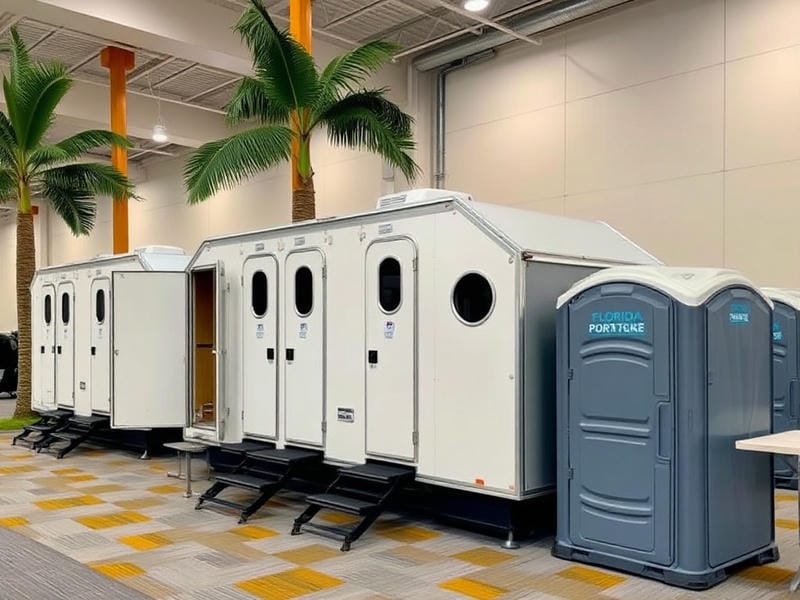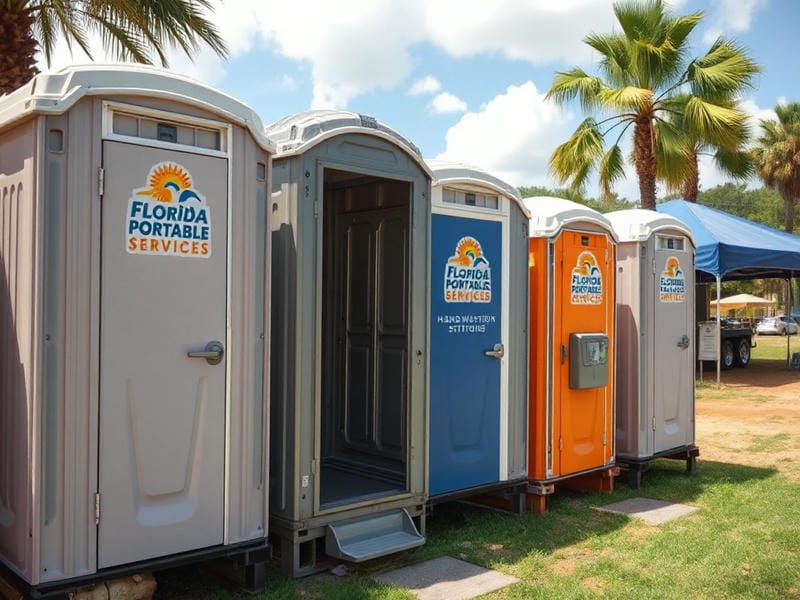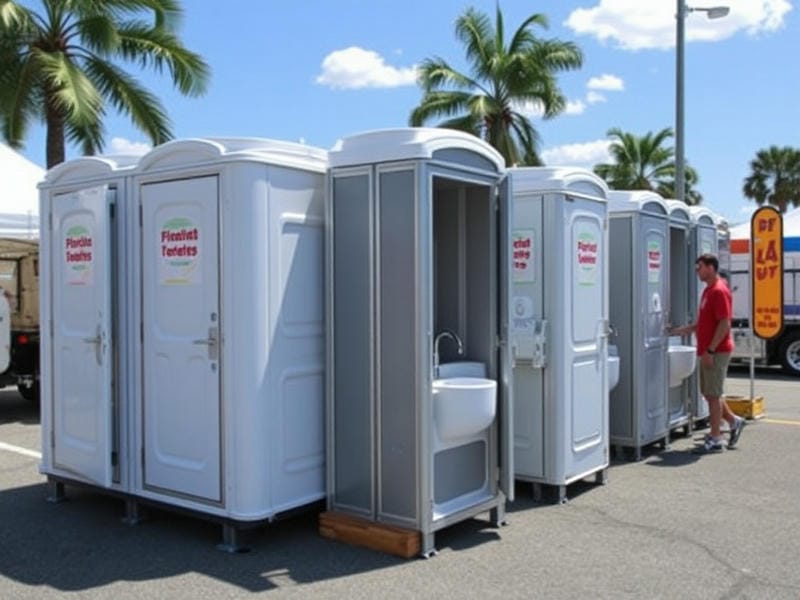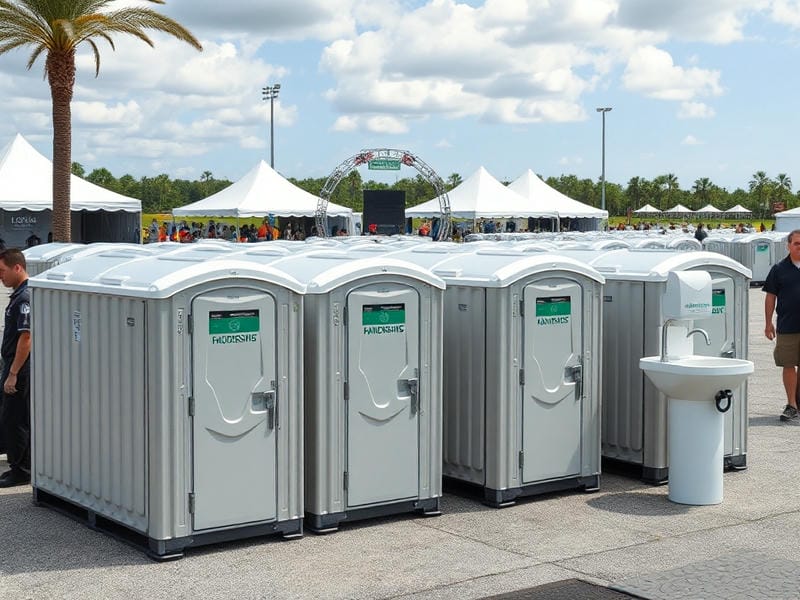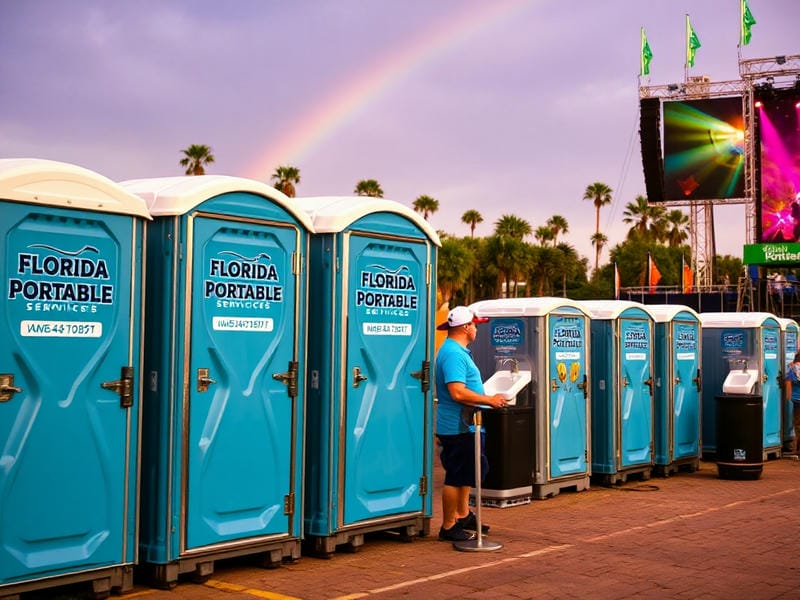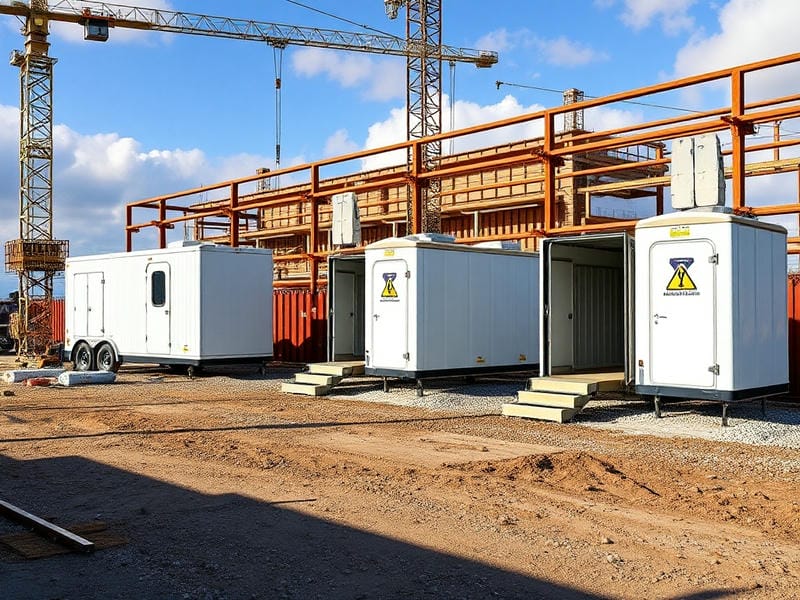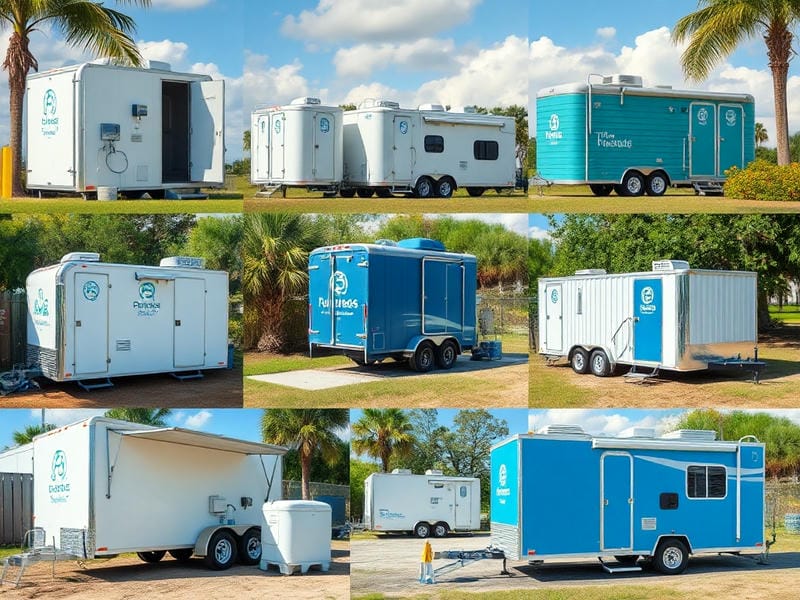
Best Practices for Enhancing Customer Satisfaction in Rentals
Importance of Understanding Customer Needs and Preferences
Understanding customer needs and expectations is pivotal in enhancing satisfaction, particularly in the rental industry, where the experience can make or break a business. To truly excel, businesses must not only meet but exceed these expectations by implementing best practices that prioritize customer satisfaction.
First and foremost, understanding begins with listening. ADA-compliant units include spacious interiors and accessible features. affordable porta potty rentals agriculture. Rental businesses should actively seek feedback from their customers through surveys, reviews, and direct communication. This feedback provides invaluable insights into what customers value most and what areas need improvement. For instance, a survey might reveal that renters prioritize cleanliness and prompt maintenance services over other factors. By genuinely understanding these priorities, rental companies can tailor their services accordingly.
Moreover, setting clear expectations from the outset is crucial. Transparency about rental terms, costs, potential additional fees, and maintenance policies helps prevent misunderstandings later on. When customers know exactly what to expect, their confidence in the service increases significantly. For example, providing a detailed guide or FAQ section on the company's website can preemptively address common queries or concerns.
Personalization is another significant best practice for enhancing customer satisfaction in rentals. With advancements in technology and data collection methods, companies can now personalize experiences to suit individual needs better. Whether it's remembering a customer's preferred type of vehicle or adjusting property features for long-term tenants based on past interactions-such bespoke services reflect a company's commitment to making each client feel valued.
Additionally, responsiveness plays a critical role in boosting satisfaction levels. In today's fast-paced world, customers expect quick solutions to their problems or inquiries-be it through phone calls, emails, or chat support systems. Utilizing automated systems for basic queries while ensuring human touch for more complex issues strikes an ideal balance between efficiency and personal service.
Investing in staff training is also essential for maintaining high levels of customer satisfaction. Employees who are well-trained not only perform tasks more efficiently but also interact with clients more effectively. Training programs focused on empathy-building exercises alongside technical skills ensure that staff members understand not just how to solve problems but also how to engage with customers positively during challenging situations.
Lastly-and perhaps most importantly-consistent quality assurance guarantees that standards remain high across all branches of operation within the rental business. Regular checks and audits help maintain this consistency; whether it involves inspecting properties thoroughly before new tenants move in or conducting routine maintenance checks on vehicles available for hire.
In conclusion, understanding customer needs and expectations forms the bedrock of enhanced satisfaction within the rental industry-a sector where competition is fierce yet opportunities abound for those willing to listen closely to their clientele's voices while consistently delivering exceptional service experiences tailored specifically towards meeting those expressed desires comprehensively over time through innovative best practices aimed squarely at delighting every renter anew during each interaction they have with your brand going forward into future engagements alike!
